The content of the article
- 1 General information: what is the use of eggs?
- 2 Is it possible to eat a shell?
- 3 What is the harm from consuming eggs?
- 4 Can allergies develop from eggs?
- 5 Where to begin?
- 6 Fried and boiled eggs: which option to choose?
- 7 Terms of Use
- 8 Can I eat quail eggs?
- 9 Video: what will happen if you eat three eggs every day
When breastfeeding a baby, a woman has to follow clear rules related to the diet. Most products cannot be eaten, the diet is rather poor and monotonous, which can negatively affect both the general well-being of the newly-made mommy and her mood - especially in the postpartum period. That is why HB specialists recommend to pre-compile the correct menu so that both mom and baby feel great. Here we will look at how chicken and quail eggs can be displayed on the health of mother and child, what are their benefits and harms, as well as how to prepare egg dishes for nursing mothers.
General information: what is the use of eggs?
Eggs are considered to be one of the most common products - not only individual dishes can be cooked, but the product is also added to bread, all sorts of pastry and pasta, sauces, and frozen foods. This prevalence causes nursing women to ask a logical question - will the eggs damage the baby? Opinions of experts on this subject differ. Some argue that it is allowed to eat eggs in small quantities in the processed form after a couple of weeks of giving birth to the baby, others strongly recommend giving up this product for at least 6 months if the mother is breastfeeding.
To begin with, consider the benefits of eating eggs. The most important thing is that they contain protein, which is simply necessary for both mother and child for normal development and well-being. It should also be noted that this product has a relatively small caloric content - within 150 calories per 100 grams.
Also, eggs contain a rich chemical composition - they contain a lot of vitamin B, A, H, E - only vitamin C is absent, which can be easily obtained from other products. The same applies to trace elements - only boron and silicon are absent, everything else is present in eggs. In the first place is cobalt, followed by selenium, sulfur, iron, phosphorus.
Scientists have long established that quail eggs are more useful than chicken. Therefore, if mother decided to include this product in her diet, then it is desirable to start with quail eggs.
The main benefits from the use of:
- Stabilize hormones - and this factor is especially important for women in the postpartum period.
- Strengthen the immune system.
- Contribute to mental development, normalize the nervous system due to the high content of vitamins of group B.
- Easily digested (97%), which means that eggs are very nutritious - again, with a low calorie content.
Is it possible to eat a shell?
- molybdenum;
- fluorine;
- iron;
- copper, etc.
It can be concluded that the shell is also a very useful product. But here it is necessary to note an important fact - you can use extremely well-nursed shells, due to the fact that rice from salmonellosis is great from the raw shells.
What is the harm from consuming eggs?
As mentioned above, many doctors argue that it is undesirable to eat this product for a mother with HBV. Consider why their opinion is reasonable:
- If the product is not thermally processed, there is a high probability of infection with salmonellosis. It is noteworthy that with breast milk it is not transmitted to the baby - but it can still significantly harm the health of the mother.
- Eggs (especially if they were fried) contain high levels of “bad” cholesterol. It tends to be deposited on the walls of the arteries - and this is a direct path to the blockage of blood vessels, and therefore, stroke. That is why eggs in large quantities is not recommended to eat.
- If a nursing mother buys homemade eggs - this is good, because the store products contain a large number of antibiotics. Only thanks to them, the producers manage to maintain the viability of the chickens - after all, they spend their entire lives in closed cages. It is antibiotics that can trigger the formation of pathogenic microflora in the mother’s body, which can be transmitted to the baby with milk.
- Eggs can also contain hormones - they are administered by the manufacturer itself.And if the home testicles help normalize hormonal levels, then with store foods, the opposite is true - they only break it.
- The Israeli Ministry of Health conducted research that showed that eggs also contain a large amount of nitrates. They are not safe for the child.
As we can see, using eggs, mother can not only improve health, but also damage it. This is especially true of products purchased supermarkets. Therefore, the choice must be approached with full responsibility.
Can allergies develop from eggs?
You can immediately answer that yes, this is quite likely. This factor is due to the fact that the products contain 4 allergenic proteins:
- conalbumin;
- ovalbumin;
- lysozyme;
- ovomucoid.
All of them are a potential threat to the health of the mother and her baby.
Scientists were able to establish that the product may cause a number of allergic reactions:
- eczema - the appearance of a rash on the epidermis;
- problems with stools - namely, diarrhea (sometimes accompanied by nausea);
- Quincke edema - an increase in the face or limbs, is life threatening;
- intestinal dyspepsia - indigestion;
- allergic rhinitis - in other words, a runny nose;
- bronchial asthma - inflammation of the respiratory tract, can develop into a chronic form.
If the mother felt fine with the introduction of eggs into the diet before the pregnancy, this is unlikely to threaten her in the future, like the baby. However, you need to play it safe and properly consume eggs when breastfeeding.
Where to begin?
Experts agree that the optimal time when you can start eating eggs is a month after birth. At the same time, there is no need to eat the whole yolk at once - 1/3 will be enough to see how the child will react to the new product.
If everything proceeds normally, the baby feels good - you can eat eggs, gradually increasing their number. But again - their maximum number is only three pieces per week.
Many people like to eat eggs raw. In general, this is undesirable due to the high risk of infection with salmonellosis. During breastfeeding, mother will have to give up eating raw eggs altogether.
Fried and boiled eggs: which option to choose?
Doctors say that it is best to eat a boiled product - due to the fact that large quantities of cholesterol are found in fried eggs.
In addition, fried eggs:
- may cause heartburn;
- poorly absorbed by the body;
- contain few nutrients.
The best option is cooking light steamed omelets in a slow cooker. If desired, you can fry the egg, but it will have to do without oil, on a special pan with a non-stick coating. Before frying, wash the egg well with soap - it will help get rid of salmonella.
Boiled eggs - the best option. Boil 8 minutes after boiling water, this will be enough to kill the pathogens. It is noteworthy that in 8 minutes the egg will be cooked hard-boiled - in such a product contains less nutrients than if the egg was boiled soft-boiled.
Terms of Use
Consider, what recommendations of doctors should be followed in order that eggs do not bring harm to health:
- To eat the product without seasonings and sauces - in view of the fact that the latter can significantly impair the quality and taste of mother's milk (there are cases when the baby therefore refused to breastfeed).
- It is best to combine eggs with boiled croup - but only with one that is already familiar to the baby and is well tolerated.
- We carry out purchases only in checked places - in order to avoid salmonellosis, as well as poisoning with antibiotics.
- Before boiling the egg is lowered into the water - if it sinks to the bottom, then it is fresh and you can eat it (if the egg floats, it is already stale, and it is better to refuse such a product).
- Before cooking, you need to wash the eggs with soap - again, this is necessary in order to get rid of pathogens.
- To eat the product only after heat treatment.
- In the diet, eggs are introduced gradually, while it is imperative to monitor the condition of the baby.
- If signs of allergy were noted, the product should be canceled and consulted a pediatrician.
Can I eat quail eggs?
Consuming quail eggs allows you to:
- recuperate after childbirth;
- improve hearing and eyesight;
- improve the performance of the digestive tract;
- strengthen bone tissue.
As you can see, eggs are an ambiguous product. Despite the fact that they are incredibly useful, you need to eat them with caution, while starting with small portions and purchase products only from trusted suppliers.
Video: what will happen if you eat three eggs every day

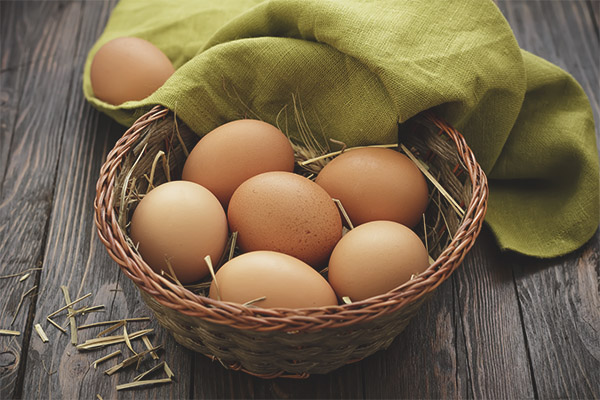
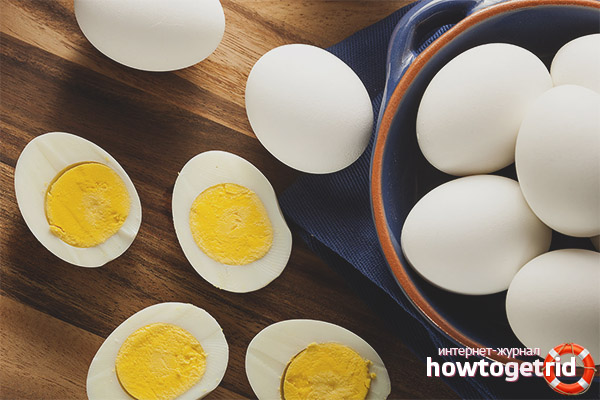
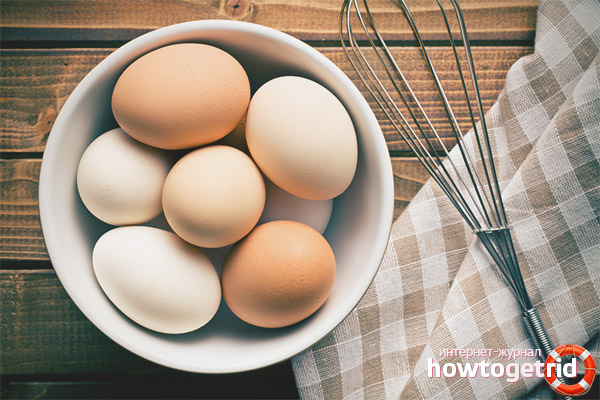


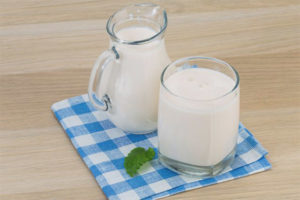


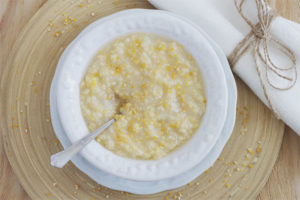
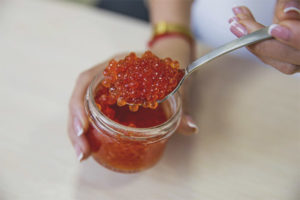


To send